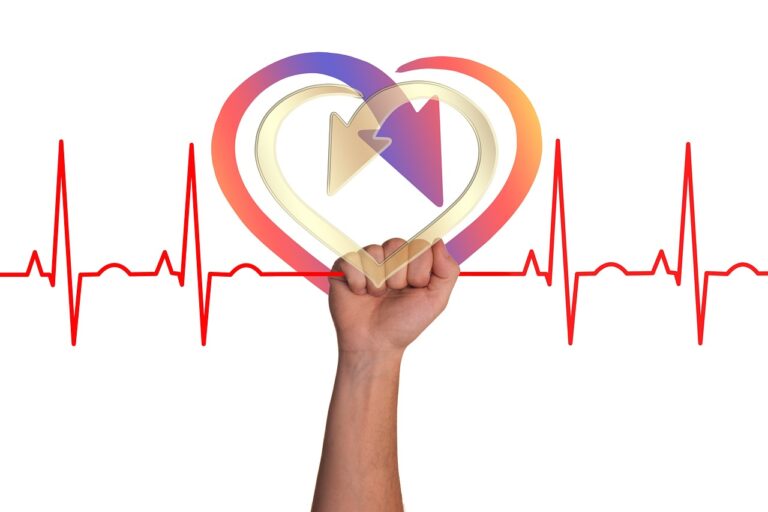How to Combat Food Cravings and Emotional Eating
Identifying triggers that lead to emotional eating is a crucial step in developing healthier habits. Triggers can vary greatly from person to person, ranging from stress and boredom to specific environmental cues or social situations. Recognizing these triggers involves paying close attention to the circumstances surrounding episodes of emotional eating.n
One common trigger is stress, where individuals may turn to food for comfort or distraction. It’s essential to be mindful of patterns that emerge during stressful times, such as reaching for unhealthy snacks or overeating in response to anxiety. By becoming more aware of these triggers, individuals can begin to address the root causes of their emotional eating behavior.
Understanding the Connection Between Emotions and Eating
Emotions play a significant role in our eating habits, often influencing the choices we make when it comes to food. Stress, sadness, happiness, and even boredom can trigger a range of eating behaviors, from overeating to loss of appetite. When we experience intense emotions, it can lead to seeking comfort in food as a coping mechanism or distraction.
Moreover, certain emotions can impact our food preferences, with individuals gravitating towards specific types of food depending on their emotional state. For example, someone feeling stressed may turn to high-sugar or high-fat comfort foods for temporary relief, while a person feeling happy may indulge in celebratory meals. Understanding the connection between our emotions and eating habits is key to developing a healthy relationship with food and fostering mindful eating practices.
How do emotions affect our eating habits?
Emotions can greatly impact our eating habits, leading to overeating or undereating depending on the individual and the specific emotion experienced.
What are some common triggers for emotional eating?
Common triggers for emotional eating include stress, boredom, sadness, loneliness, and anxiety.
How can I recognize when I am eating due to emotions rather than hunger?
Pay attention to physical hunger cues such as stomach grumbling and low energy levels. Emotional hunger is often sudden and specific cravings for comfort foods.
What are some strategies to combat emotional eating?
Some strategies to combat emotional eating include practicing mindfulness, finding alternative coping mechanisms, seeking support from loved ones, and seeking professional help if needed.
Is it possible to break the connection between emotions and eating?
Yes, it is possible to break the connection between emotions and eating through self-awareness, finding healthy coping mechanisms, and developing a positive relationship with food.





